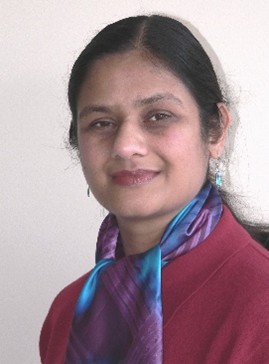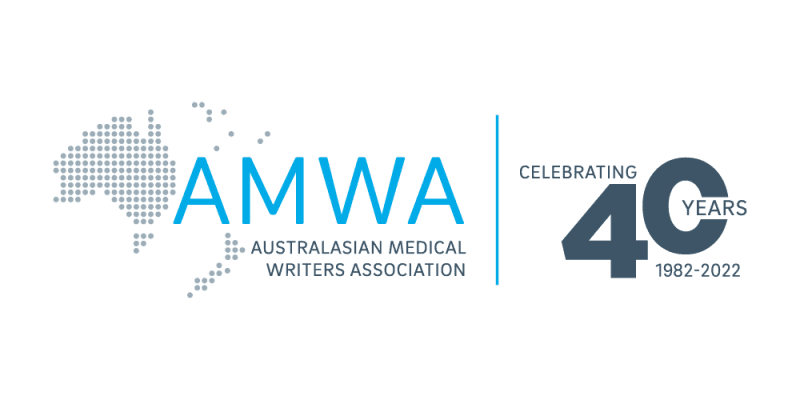AMWA Member Spotlight - Neena Bhandari

Where can we find you online?
linkedin.com/in/neena-bhandari
Link to your AMWA directory listing.
https://www.medicalwriters.org/community/contact/1561/
1. Brief description of what you do.
I am a Sydney-based freelance foreign correspondent contributing to international and national media outlets on a wide spectrum of topics, including health and science, disability and the NDIS. I am a member of the Australian Rehabilitation & Assistive Technology Association (ARATA), Science Journalists’ Association of Australia (SJAA) and past president of the Foreign Correspondents’ Association of Australia & South Pacific (FCA).
2. What led you to become a medical writer?
My interest in medical and health writing stems from my own lived experience of polio and use of assistive technologies. I have written extensively on Poliomyelitis and Post-Polio Syndrome or Late Effects of Polio, including for the British Medical Journal and The Medical Republic. Through my writings, I hope to bring the focus on health and disability issues from the margins to mainstream media.
3. What do you enjoy most about being a medical writer?
I love the challenge, the research aspect, and the cross-section of people I get to meet and interview. Every story teaches me something new. I hope to continue having an impact through my writings, where I connect cutting-edge science with people, who would benefit from it the most. The more evidence-based research we are able to communicate to the larger public, the better it will be for dispelling misinformation and disinformation.
4. What has been one of your career highlights as a medical writer and why?
It is an enterprise story on the challenges doctors with disabilities face and why medical education and the profession should be more inclusive. I wrote it during the 2020 COVID-19 lockdowns for UK-based news agency, SciDev.Net. Every person I interviewed was surprised and intrigued with the topic and yet certain that the story needed to be told. There was absolutely no data available so I chose to highlight the issue through doctors’ own lived experiences of disability. It was the first story on the topic from the Asia-Pacific region, and, I am told, it has helped facilitate policy changes in some countries to make medicine inclusive.
5. What has been one of the greatest challenges for you as a medical writer and how have you addressed this?
Finding relevant case studies within a strict deadline is one of the many challenges in health and medical writing. Patience, empathy and building trust with my sources and interviewees has helped me address these challenges, and write stories that decode complex science in a simple and engaging manner for the larger community.
6. What advice would you give fellow writers or people considering a career in medical writing?
Be kind, gentle and respect the interviewees. In the medical and health space, sometimes people share and trust us with the most intimate details about their lives. We need to be sensitive and cautious about how we use that information to make the content factually robust without compromising on personal information. It is also very important to ensure that the data in the story is properly interpreted, attributed and communicated.
7. What led you to join AMWA?
Since I have been writing on health and science, it was a natural corollary to become a part of the AMWA writers’ community. I am looking forward to meeting and interacting with members, and hoping that it will unlock new writing opportunities for me.
